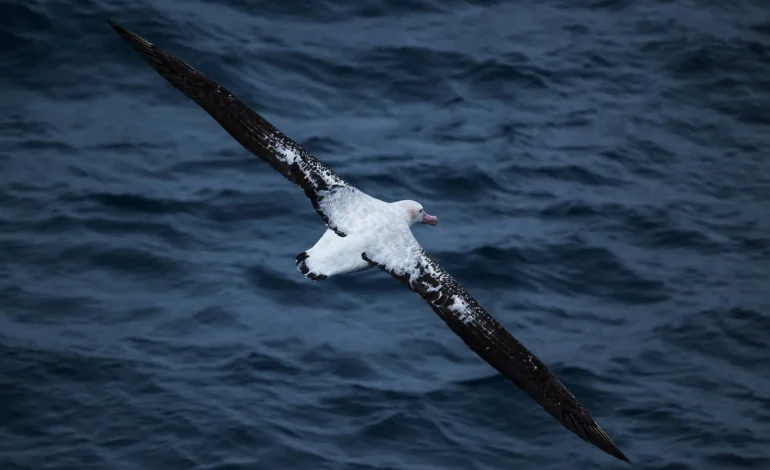Bird Flu Outbreak Devastates Seabird Colonies on Remote Marion Island

A rapidly spreading strain of bird flu is decimating seabird populations, including wandering albatrosses, on South Africa’s remote Marion Island, a critical breeding site for nearly half the world’s population of the species, Bloomberg reports.
South Africa’s environment department confirmed the presence of high pathogenicity avian influenza (HPAI), H5N1 virus, on Marion Island after samples were analyzed on the mainland.
According to the department, approximately 150 of the 1,900 wandering albatross chicks born on the island in 2024 have died. Adult brown skuas, king penguins, giant petrels, and sooty albatrosses have also been affected. Marion Island and the adjacent Prince Edward Island are considered premier seabird conservation locations, supporting millions of birds representing 31 different species.
The HPAI H5N1 virus has been spreading globally since 2021, causing significant mortality in both domestic and wild bird populations, as well as infecting other animal species. The virus reached South Georgia, located southeast of South America, in October 2023 and was detected in Antarctica in February of last year. The first suspected case on Marion Island was identified in a brown skua in September.









The latest news in your social feeds
Subscribe to our social media platforms to stay tuned